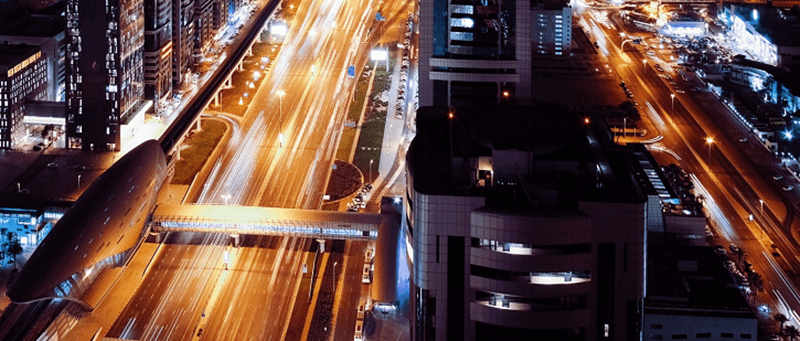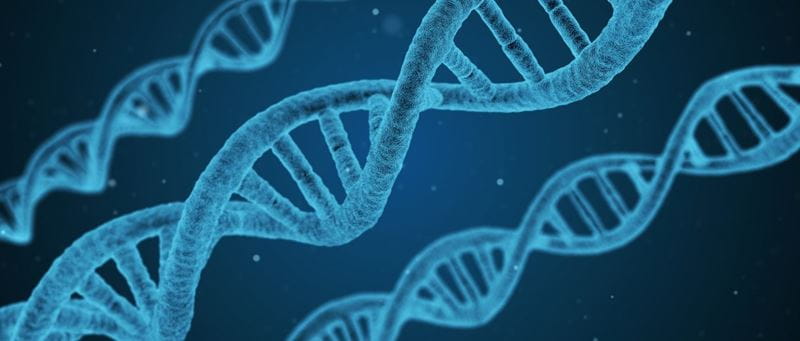Since the fall of the Berlin Wall in 1989, walls have been coming down everywhere – economic walls, ideological walls, information walls and trade walls.
The acceleration of global integration has ushered in a new, interconnected world, and it will be our ability to harness this extraordinary entanglement that will define our future.
Because walls have come down, improved access to education, health, and world capital and goods markets have led to the most rapid progress in the history of humanity. Democracy has spread to more than 60 countries, and we have seen dramatic reductions in poverty and increases in life expectancy.
But this is not just about physical connectivity. With the spread of the Internet, we have moved into a world where those devising new transformative ideas and technologies can be located absolutely anywhere – we should expect new Einsteins, Mozarts and Shakespeares to emerge from the slums of Mumbai, Soweto or São Paolo.

The speed of this innovation is accelerating and we will see more change in the future than ever before. You can think of this time as a new age of discovery, a new Renaissance.
The question, however, is whether the pace of global change is sustainable.
The globalisation machine has brought great riches to those able to adapt, but left others further behind, leading to increasing inequality within countries. Another feature of globalisation is that it has bred interdependency, exposing the global population to cascading risks, from financial crises to pandemics and cyber-attacks. Our actions now affect others in ways that were unimaginable in a disconnected world.
This is not to say that systemic risk is a new phenomenon – in the 14th Century Britain, a rat that made its way onto dry land from a ship docked in Poole ended up causing the death of half of the country’s population.
What is new is the pace and scale of change. A collapse in fertility has pushed birth rates in half of the world’s countries below the level required to keep the population stable.
In Europe for instance, each generation is 30 per cent smaller than the one preceding it. As a result of lower fertility and increasing life expectancy, the shape of global populations has changed, creating an unstable structure in which the elderly greatly outnumber the young.
The implications of this are dramatic. Average life expectancy during retirement has gone up from seven years a few generations ago to 27 years. This, and the fact that real risk-adjusted returns from investments have fallen from 4 per cent per year to near-zero, means you need to save 100 times more today than you did in the 1970s to retire comfortably. Millennials will consequently be much poorer than the elderly and this is going to become a source of tension.
Accelerating innovation

The problem is that people can use these technologies to build the smallpox virus and fly it into a stadium or down Wall Street.
Indeed, the power of individuals has grown in ways which were unimaginable in the past. We no longer live in a world in which we have to worry about nation states hurting us as countries or as societies.
We now live in a world where virtually anyone can bring about mass destruction. Cyber has become the new nervous system, and will become ever more vulnerable as the internet-of-things technology sees explosive growth. New technologies also threaten the very fabric of our society. An Oxford University research group says 47 per cent of US jobs are vulnerable to machine intelligence and perhaps as much as 35 per cent of UK jobs.

Towards a new system
We will need to better understand the connectedness between technological systems, politics and society to make better choices.
The system we currently have is unfit for purpose. We continue to operate in a Westphalian model, where nation states think they can determine their own future. But the most sophisticated national and supranational institutions, like the IMF, central banks and national treasuries, are blinded by the torrent of information and are unable to transcend short-termism to think about broader issues.
As we try and manage an entangled world and prevent it from falling apart, we need to worry not only about transformative change, but how it is perceived. What we see in the popularity of Donald Trump, Bernie Sanders and [leftist UK Labour party leader] Jeremy Corbyn is that citizens do not believe we can manage this entangled world and are feeling anxious. Yet, the rise in nationalist and protectionist sentiment is profoundly mis- guided, because all key drivers of change will likely come from outside our own borders.
We can better manage the transformation by being joined up than disconnected. We are in this paradoxical time, probably the most exhilarating in human history, but also one which brings all sorts of new dangers. In this incredible age of discovery, it is really the decisions that we make that are going to shape whether we thrive, or waste this opportunity.




